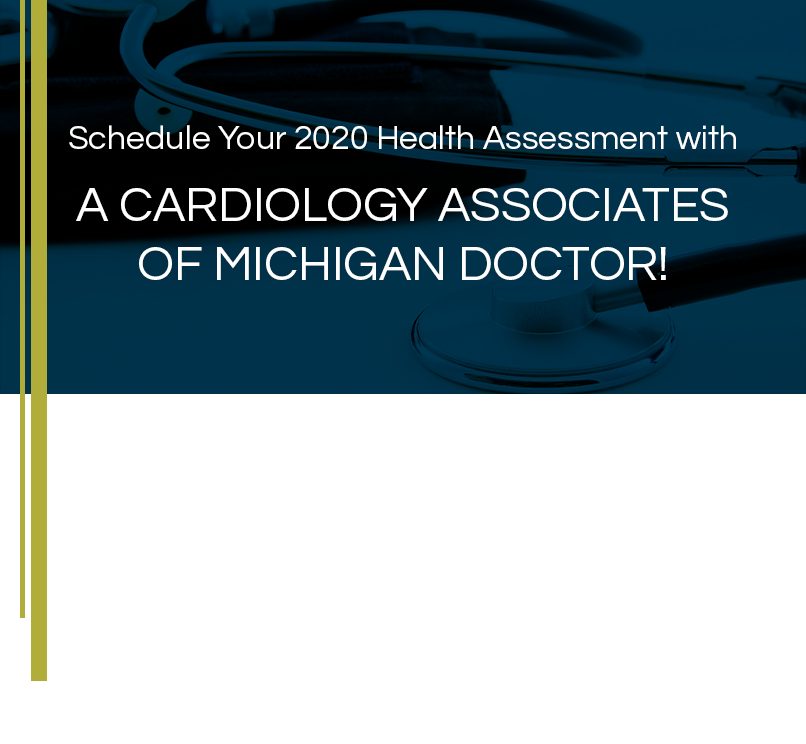Heart Calcium Score: What a Coronary Calcium Scan Is and What It Could Mean
A heart calcium score isn’t discussed as much as some other numbers related to your heart health, but it can be a key indicator about what could happen in the future.
It’s also a confusing concept. To play on the word association game, when most people hear the word “calcium,” they may think “vitamin,” “milk,” “strong teeth,” “strong bones,” “thick hair,” and “healthy.”
That’s not quite the case when you’re talking about arteries.
Deposits of calcium in the coronary arteries are a sign that there may be a buildup of plaque in the arteries. Plaque is a waxy substance that can harden over time and narrow or block the arteries (called atherosclerosis). Coronary artery calcium scoring, also called a coronary calcium scan, is a test that measures the amount of calcium in the walls of the heart’s arteries. With this test, your cardiologist may therefore be able to estimate your risk of developing heart disease or having a heart attack or stroke.
Coronary Calcium Scan
Physicals, bloodwork, and other tests can often tell a doctor most of what he or she needs to know about your health, but heart calcium scoring is an additional tool that can provide more insight into what’s happening in your arteries.
A coronary calcium scan uses a special type of imaging test called a computed tomography (CT) scan of the heart. This scan produces multiple pictures to check if calcium is present and, if so, how much.
The test may also be referred to as:
- Coronary Calcium Scoring
- Cardiac Scoring
- Cardiac CT for Calcium Scoring
- Calcium Scan of the Heart

A coronary calcium scan is completed in a hospital or medical imaging facility.
The test takes about 15 minutes, uses a low dose of radiation, and often includes an electrocardiogram as well. It does not require contrast, the special dye that is sometimes injected into your vein for other imaging tests.
The test is ideal for people who are at intermediate risk for heart disease – not as much so for those who are not showing any signs of heart problems. Your heart doctor will identify whether or not a coronary calcium scan is ideal in your case. Some of the factors that will determine this decision include your overall health, your likelihood of having a heart attack or stroke, and risk factors such as family history.
Heart Calcium Score
Coronary calcium scan results will show a number from 0 to 400. The more evidence of calcium and thickening inside your arteries, the higher the score will likely be.
It’s important to note that the score alone is not definitive. A low score does not mean you will not have a heart problem, and a high score does not mean you will.
Many factors are considered when determining what each person’s number means, so only your doctor can fully explain the results and recommend treatments in your particular case.
Next Steps
A healthy diet and physical activity can help lower your risk of heart disease, heart attack, or stroke. If maintaining a healthy lifestyle is not enough and your coronary artery calcium score is high, your doctor may prescribe a statin to lower your cholesterol levels.
If you have questions about heart calcium scoring, risks for heart-related events, or how to maintain a heart-healthy diet, schedule an appointment to see one of our cardiologists in Shelby Township, East China, Roseville, or Macomb Township.





